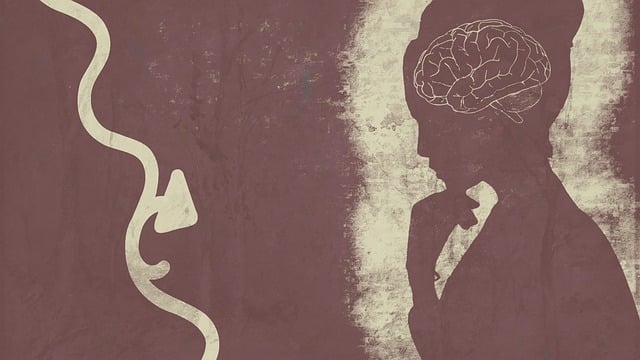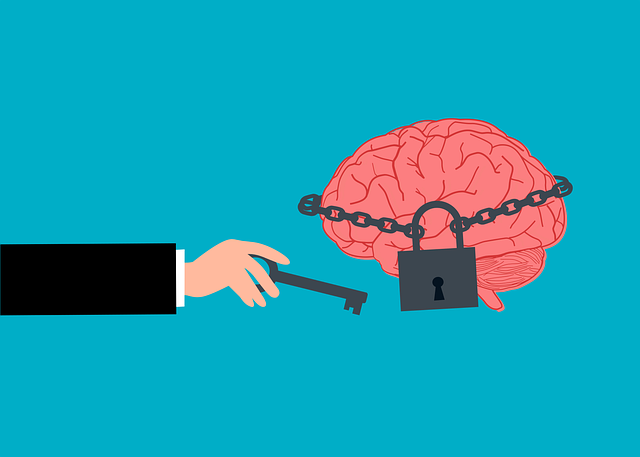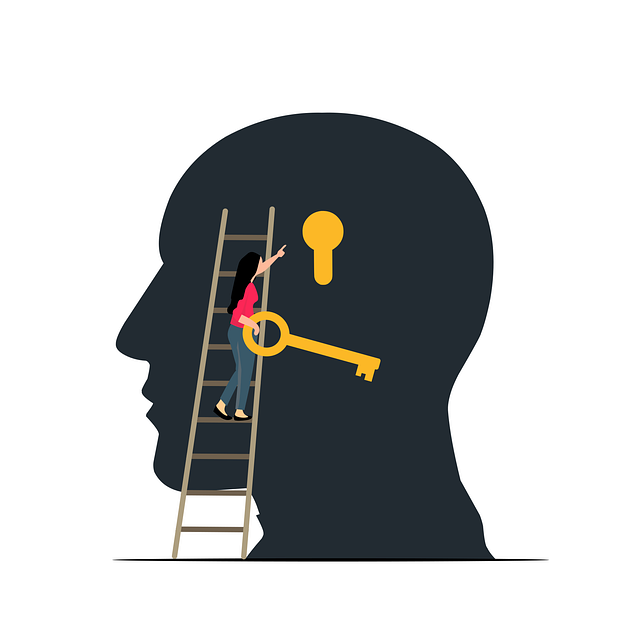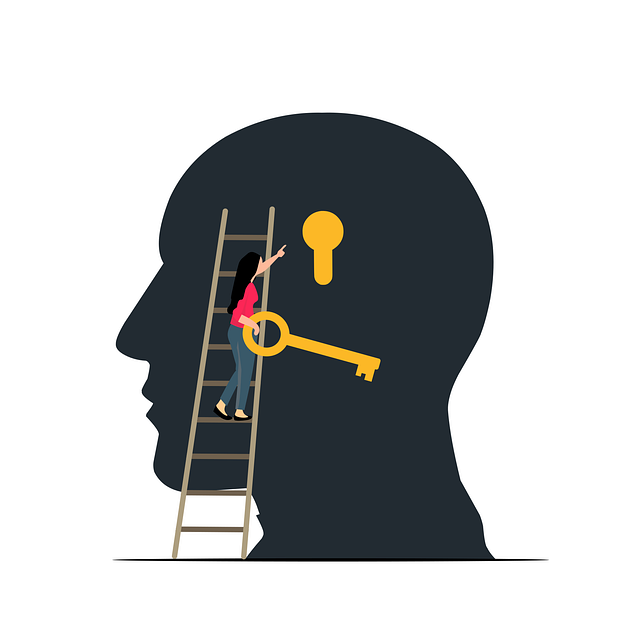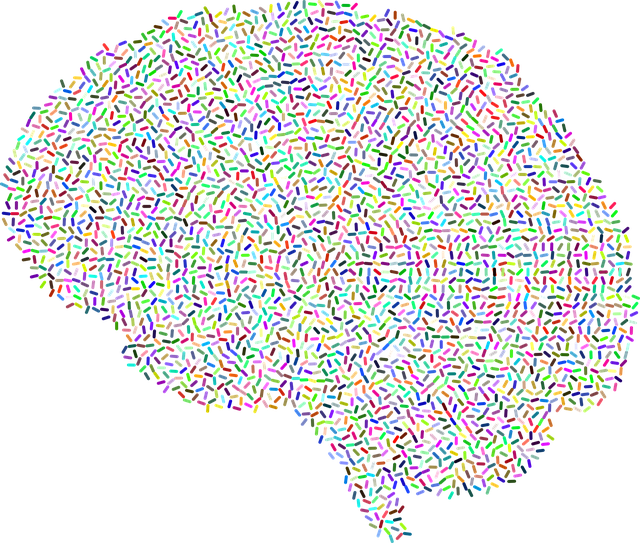Mental health disorders, from anxiety to complex conditions like Boulder Dissociative Disorder Therapy (DDT), significantly impact well-being. Early intervention and cultural sensitivity in mental healthcare are crucial. An education program for DDT in Boulder should focus on comprehensive learning, including understanding dissociation, trauma coping strategies, self-care practices, confidence building, and depression prevention. A supportive environment, tailored learning experiences, strategic planning, and mentorship are key to success. Regular check-ins, peer support groups, and accessible resources ensure continued mental wellness progress post-program.
In today’s digital era, mental health education is a crucial aspect of holistic well-being. This article delves into the comprehensive design of mental health programs, focusing on understanding dissociative disorder therapy in Boulder. We offer an in-depth overview of various disorders, providing insights that empower individuals to navigate their mental health journeys. Subsequently, we explore effective program design strategies and implementation techniques to ensure successful learning outcomes for those seeking treatment, specifically tailored for the unique needs of dissociative disorder therapy in Boulder.
- Understanding Mental Health Disorders: A Comprehensive Overview
- Designing an Effective Education Program for Dissociative Disorder Therapy
- Implementation and Support Strategies for Successful Learning
Understanding Mental Health Disorders: A Comprehensive Overview

Mental health disorders encompass a wide range of conditions that affect an individual’s emotional, psychological, and social well-being. From common anxiety and depression to more complex conditions like Boulder Dissociative Disorder Therapy, understanding these disorders is paramount in modern mental healthcare. A comprehensive overview should include recognizing symptoms, exploring underlying causes, and discussing various therapeutic approaches. Each disorder has its unique presentation, and early intervention plays a crucial role in effective treatment.
Cultural sensitivity in mental healthcare practice is essential when navigating this complex landscape. Different cultures have diverse beliefs and perspectives on mental health, which can influence how individuals express and perceive their experiences. Community outreach program implementation, coupled with tailored communication strategies, can bridge the gap between communities and mental health services. By fostering open dialogue and cultural understanding, we enhance accessibility and ensure that everyone receives the support they need.
Designing an Effective Education Program for Dissociative Disorder Therapy

Designing an education program for Dissociative Disorder Therapy (DDT) requires a nuanced approach that caters to the complex nature of this mental health condition. In Boulder, where access to specialized Dissociative Disorder Therapy is readily available, educators can play a pivotal role in empowering individuals to manage and overcome their symptoms. The program should focus on comprehensive learning experiences that combine theoretical knowledge with practical skills.
An effective curriculum for DDT education could include modules on understanding dissociation, developing coping strategies for trauma-related symptoms, and integrating self-care practices into daily life. By incorporating confidence-boosting techniques and teaching depression prevention strategies, participants gain valuable tools to navigate their mental health journey. Moreover, fostering a supportive environment where individuals feel safe to share their experiences can significantly enhance the program’s impact, reflecting the unique needs of each learner.
Implementation and Support Strategies for Successful Learning

Implementing a mental health education program requires strategic planning and support to ensure its success. One effective approach is to integrate Boulder Dissociative Disorder Therapy techniques, which can help participants develop coping mechanisms for various mental health challenges. Providing a structured yet flexible framework allows individuals to engage with their learning at their own pace. This includes regular Mental Wellness Journaling Exercises, encouraging self-reflection and tracking progress. Facilitators should offer Empathy Building Strategies to foster an inclusive environment, where students feel understood and supported.
Coaching programs can further enhance the learning experience by pairing participants with mentors who have successfully navigated similar mental health journeys. This mentorship not only provides guidance but also serves as a powerful motivator. Regular check-ins, peer support groups, and accessible resources ensure that learners feel empowered to continue their mental wellness journey post-program completion.
Mental health education programs play a pivotal role in fostering understanding and supporting individuals affected by disorders like dissociative disorder. By combining comprehensive knowledge, such as that provided in the sections on understanding mental health disorders and designing therapy programs, with effective implementation strategies, we can create impactful learning experiences. Incorporating these practices, as exemplified by the Boulder Dissociative Disorder Therapy approach, ensures that education remains accessible and supportive, ultimately enhancing well-being outcomes.
